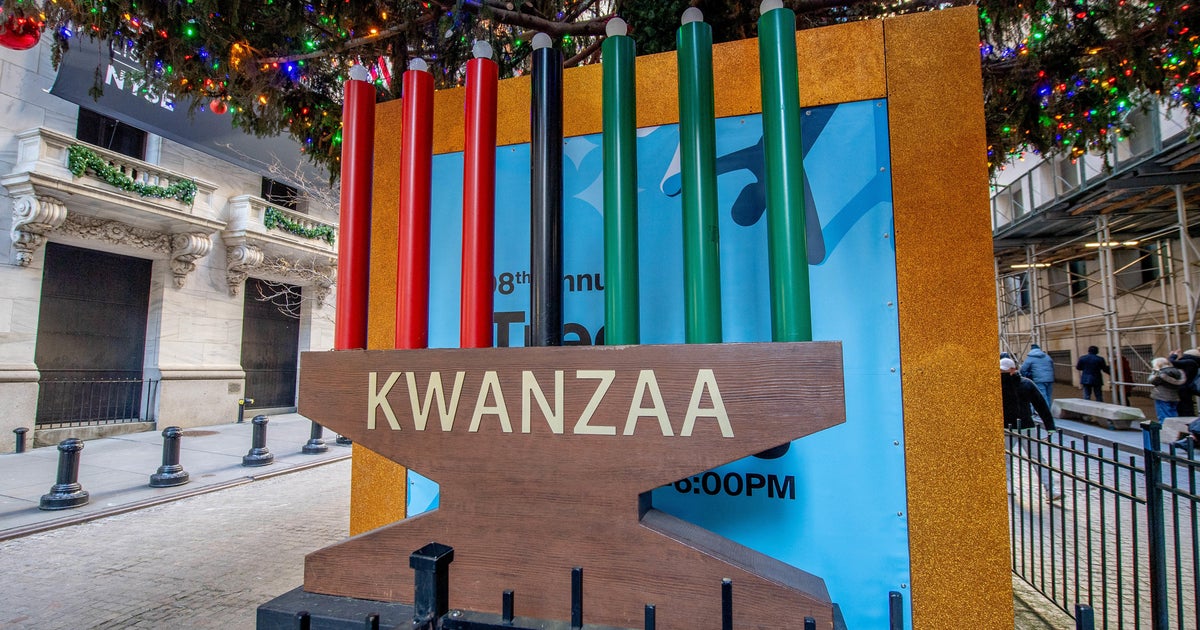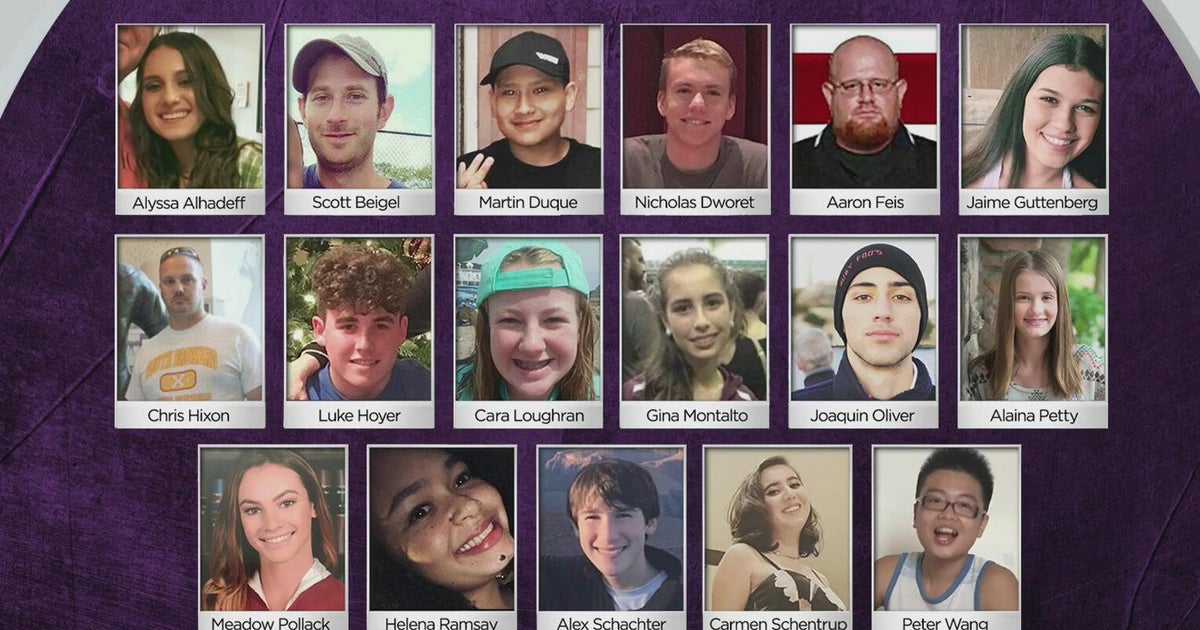MIAMI – Tuesday is the to start with day of Kwanzaa, a 7-working day celebration of African tradition that is observed from December 26th to January 1st. The identify comes from the Swahili phrase “matunda ya kwanza,” which implies “1st fruits.”
Not like quite a few other winter holiday seasons, Kwanzaa is not tied to any single religion. It is meant to involve persons of all religions, so if you observe Xmas or Hanukkah you can also celebrate Kwanzaa.
Developed in 1966 by Maulana Karenga, a Black nationalist and professor of Pan-African research at California Point out University at Long Seashore, Kwanzaa became well-liked in the 1980s and 1990s. It is formed by traditions and values from all all-around the continent of Africa.
The holiday break is defined by Nguzo Saba, or the 7 concepts. Every day of the festival is focused to a certain theory, marked by lighting a new candle on the kinara, a seven-branched candelabra.
Here’s a glimpse at what all those principles are, and what they suggest.
Umoja
Umoja means unity in Swahili.
Karenga defines this on his Kwanzaa internet site as: “To strive for and sustain unity in the loved ones, local community, nation, and race.”
Kujichagulia
Or self-perseverance. This basic principle refers to defining, naming, generating, and talking for oneself.
Ujima
Translated as “collective function and obligation,” ujima refers to uplifting your group.
“To make and sustain our local community collectively and make our brother’s and sister’s complications our troubles and to solve them jointly,” Karenga writes.
Ujamaa
Cooperative economics. Similar to ujima, this basic principle refers to uplifting your group economically. “To build and preserve our individual shops, shops, and other corporations and to profit from them jointly,” he writes.
Nia
Nia indicates intent.
Karenga expands on this basic principle with, “To make our collective vocation the setting up and creating of our neighborhood in order to restore our people to their common greatness.”
Kuumba
Indicating “creativity,” Karenga defines this principle as “To do often as considerably as we can, in the way we can, in purchase to go away our community far more stunning and beneficial than we inherited it.”
Imani
The ultimate theory translates to “faith.”
Karenga defines this as faith in group, writing, “To believe that with all our coronary heart in our folks, our mom and dad, our instructors, our leaders and the righteousness and victory of our struggle.”



